Driving represents freedom and independence, especially for older adults. However, as we age, renewing a driver’s license can involve additional steps to ensure safety on the road. California has specific rules for senior drivers that are important to understand before your license renewal date arrives. This guide explains everything you need to know about license renewal for seniors in California — from eligibility and required tests to renewal options, safety statistics, and practical preparation tips.
Understanding License Renewal Rules for Seniors
California defines “senior drivers” as those aged 70 and older at the time their driver’s license expires. Once a driver reaches this age threshold, they are required to renew their license in person at a Department of Motor Vehicles (DMV) office. This policy ensures that drivers maintain the physical and cognitive abilities necessary for safe driving.
Renewing in person allows the DMV to assess key areas like vision, reaction time, and general fitness to drive. Although many younger drivers can renew online or by mail, seniors must undergo this in-person process to verify their continuing ability to drive safely.
Renewal Frequency and Validity Periods
In California, driver’s licenses typically need renewal every five years. However, renewal frequency can vary depending on individual health, driving record, and DMV evaluation results.
Here’s a summary:
| Age Group | Renewal Method | Validity Period | Vision Test Required |
|---|---|---|---|
| Under 70 | Online, by mail, or in person | 5 years | Only if requested |
| 70 and older | In person only | 5 years | Yes |
| Restricted or medical review cases | In person only | Varies | Yes |
What Happens During the Renewal Process
When you renew your license in person as a senior, the DMV will conduct several checks to determine your driving fitness. The main steps include:
Identity Verification
You will need to show proof of identity, typically through your current driver’s license or other legal identification documents. If you’ve changed your name, you’ll need to provide official documentation such as a marriage certificate or court order.
Vision Screening
The vision test is a crucial component of senior license renewal. The DMV tests your ability to see clearly enough to operate a vehicle safely. If you use glasses or contact lenses, you’ll need to bring them to your appointment. If you pass the vision test while wearing corrective lenses, your new license will include a restriction requiring you to wear them while driving.
Driving Record Review
The DMV reviews your driving history for recent accidents, traffic violations, or reports of unsafe driving. Depending on your record, you may be required to complete additional testing.
Possible Written or Driving Test
In certain cases, the DMV may require a Supplemental Driving Performance Evaluation (SDPE). This is a behind-the-wheel test to ensure your driving skills are adequate. You might also need to take a written knowledge test if the DMV determines it’s necessary.
Preparing for Your DMV Appointment
Preparation makes the renewal process smoother. Here’s what you should bring and do before your appointment:
Documents and Items to Bring:
-
Current driver’s license
-
Glasses or contact lenses (if applicable)
-
Proof of identity and address
-
Completed renewal form (if started online)
-
Any medical documents requested by the DMV
Tips for a Successful Renewal:
-
Schedule your appointment early to avoid long waits.
-
Check your license expiration date and book your appointment 1–2 months in advance.
-
Review the latest driving handbook if you might need a written test.
-
Rest well before the vision or driving test to perform your best.
Common Restrictions and Medical Evaluations
If you have a medical condition that affects driving — such as vision impairment, diabetes, or cognitive decline — the DMV may request a medical evaluation from your healthcare provider. Depending on the results, your license may include specific restrictions, such as:
-
Corrective lenses required
-
Daylight driving only
-
Geographical restrictions (for local driving only)
-
Periodic medical reviews
These measures are designed to keep drivers safe while allowing as much independence as possible.
What to Expect During the Vision Test
The DMV vision test evaluates your visual acuity and peripheral vision, ensuring you meet the minimum standard required to drive safely.
If you fail the initial vision screening, you’ll be referred to your eye doctor for a professional examination. Once you get your vision corrected (if possible), you can return to the DMV with your doctor’s report for retesting.
Failing both tests doesn’t necessarily mean losing your license immediately — you may instead be given the chance to take a driving performance test to demonstrate safe driving despite limited vision.
When the DMV Requests a Driving Test
The DMV may require a Supplemental Driving Performance Evaluation (SDPE) if:
-
You fail the vision test.
-
Your doctor reports a condition that may affect driving.
-
Your driving record shows a recent collision or traffic safety issue.
The SDPE assesses:
-
Lane control and speed management.
-
Decision-making at intersections.
-
Ability to follow traffic signals and signs.
-
Awareness of other road users.
Passing the SDPE allows you to renew your license normally. Failing it may lead to additional training requirements or a restricted license.
Statistics: Senior Drivers in California
California has one of the largest populations of senior drivers in the United States. With life expectancy increasing, the number of drivers aged 70 and older continues to rise.
| Category | Statistic | Source |
|---|---|---|
| Licensed drivers aged 65+ in California | Over 3 million | California DMV data |
| Share of senior drivers in total population | About 14% | U.S. Census |
| Senior driver fatalities (65+) in CA traffic deaths | Around 15% annually | State Traffic Safety Reports |
| Projected increase in senior drivers by 2030 | 35% growth expected | Transportation Forecasts |
These statistics show that California is adapting its license renewal policies to ensure safety while acknowledging the growing number of aging drivers on the road.
Safety Tips for Senior Drivers
Staying safe behind the wheel requires awareness, preparation, and adaptability. Here are some practical safety strategies for older adults:
Keep Your Vision Sharp
Schedule yearly eye exams to check for glaucoma, cataracts, or other age-related eye conditions that can impact driving.
Review Your Medications
Many medications cause drowsiness or delayed reaction times. Always consult your doctor or pharmacist about potential side effects before driving.
Take a Refresher Course
Consider enrolling in a senior driver improvement course. These programs update you on new laws, improve reaction times, and can sometimes reduce your insurance premium.
Plan Your Routes
Drive during daylight hours and avoid unfamiliar or high-traffic routes whenever possible. Using GPS and avoiding rush hours can make trips safer and less stressful.
Stay Physically Active
Regular exercise helps maintain flexibility and quick reflexes — both essential for safe driving.
Family Conversations About Driving
Discussing driving safety with older family members can be challenging but necessary. Approach the topic with empathy and respect:
-
Focus on safety, not restriction of freedom.
-
Mention specific behaviors that concern you, such as confusion at intersections or delayed braking.
-
Offer alternatives like carpooling, ride-hailing apps, or public transportation.
-
Encourage regular check-ins and joint decision-making.
The goal should always be preserving independence while ensuring safety for the driver and others on the road.
What Happens if Renewal Is Denied
If your renewal is denied due to medical or performance issues, the DMV will notify you in writing. The letter will explain the reason for denial and the steps for appeal or reevaluation.
You can usually:
-
Submit new medical documentation.
-
Request a re-test or hearing.
-
Provide evidence of completed driver training or rehabilitation.
With proper medical clearance or improved test results, reinstating your license is often possible.
Myths and Facts About Senior License Renewal
Myth: Seniors automatically lose their license at age 70.
Fact: There is no automatic revocation. Renewal simply requires an in-person visit and vision test.
Myth: Seniors must retake the written test every renewal.
Fact: A written test is not mandatory unless requested by the DMV.
Myth: Failing the vision test means losing your license.
Fact: You may be given a chance to retake the test or complete a driving evaluation.
Myth: Age alone determines driving ability.
Fact: The DMV assesses physical and cognitive ability — not age — when making licensing decisions.
The Balance Between Safety and Independence
California’s licensing policies for seniors are designed to balance public safety with personal independence. The in-person renewal requirement ensures that senior drivers can still operate a vehicle safely, while also providing resources to help those who may need additional support.
By offering medical review options, driving tests, and restricted licenses instead of outright revocations, the DMV maintains fairness and flexibility. This helps seniors continue driving safely for as long as possible.
Helpful Resources for Senior Drivers
-
California DMV Senior Driver Portal – Offers renewal information, safety tips, and downloadable forms.
-
AAA Senior Driving Courses – Online and in-person defensive driving classes for older adults.
-
AARP Driver Safety Program – Courses that can refresh skills and may lower insurance costs.
-
California Aging and Disability Resource Connection (ADRC) – Helps connect seniors with transportation alternatives.
Frequently Asked Questions
Can seniors renew their license online?
No, drivers aged 70 and older must renew in person to complete the required vision screening.
How early can I renew my license?
You can usually renew within six months before your license expires.
What if I can’t pass the vision test?
You may visit your eye doctor for treatment or correction and return with medical documentation. A driving test may be offered to further assess your ability.
Do I have to take a written test?
Not necessarily. The written test is only required if the DMV requests it due to specific circumstances.
Can a doctor report me to the DMV?
Yes, healthcare professionals can report medical conditions that could impact your driving safety. This ensures fair and safe evaluation for all road users.
Final Thoughts
License renewal for seniors in California isn’t just a formality — it’s an important safety measure that supports both independence and responsible driving. By preparing early, keeping medical and vision records updated, and staying proactive about driving skills, older adults can continue enjoying the freedom of the road for years to come.
The DMV’s policies reflect a thoughtful balance between safety and personal mobility. With the right knowledge, preparation, and care, renewing your license as a senior in California can be a straightforward and empowering process.

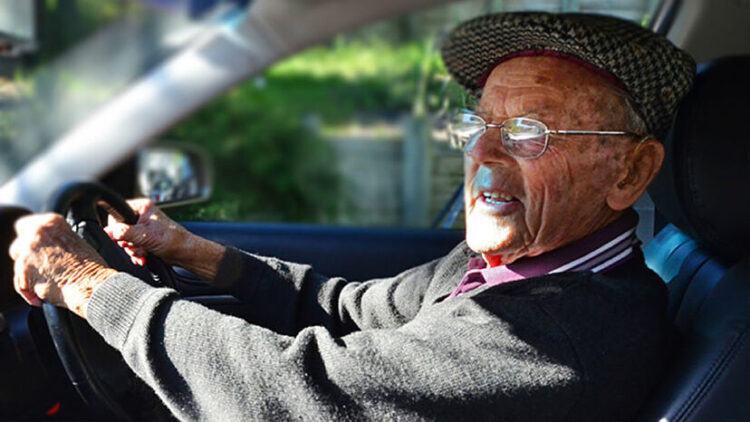
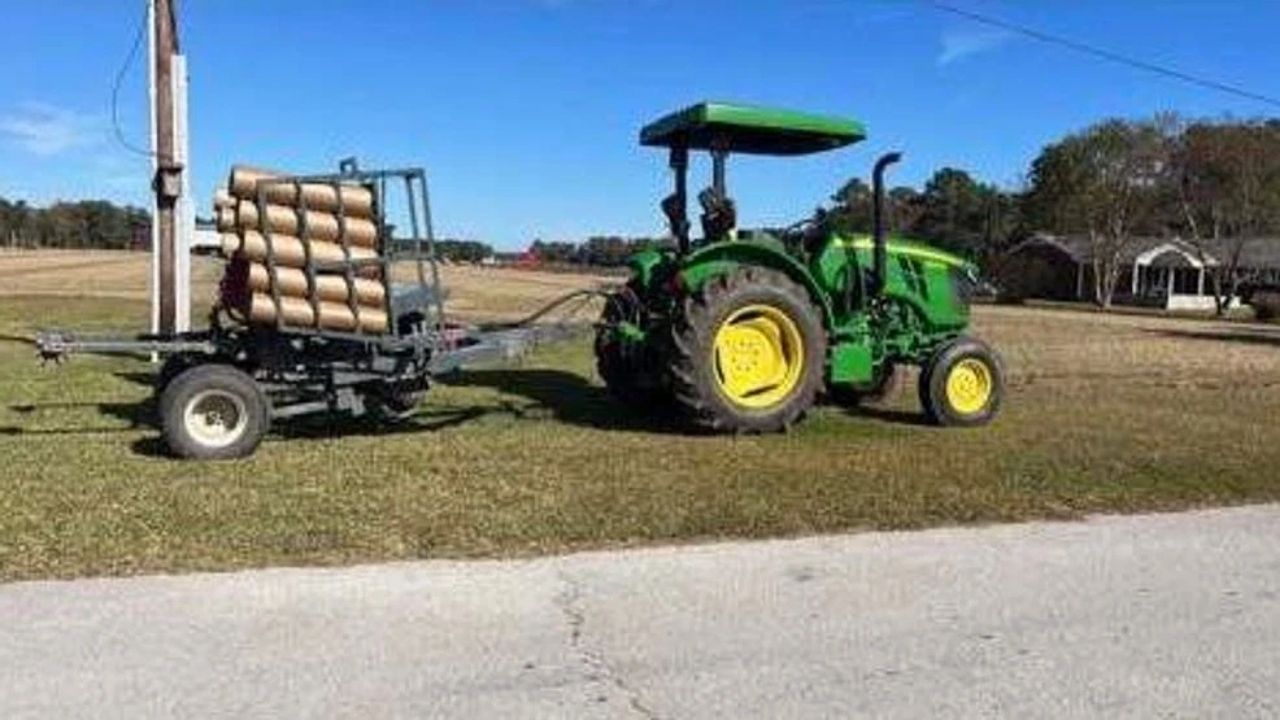

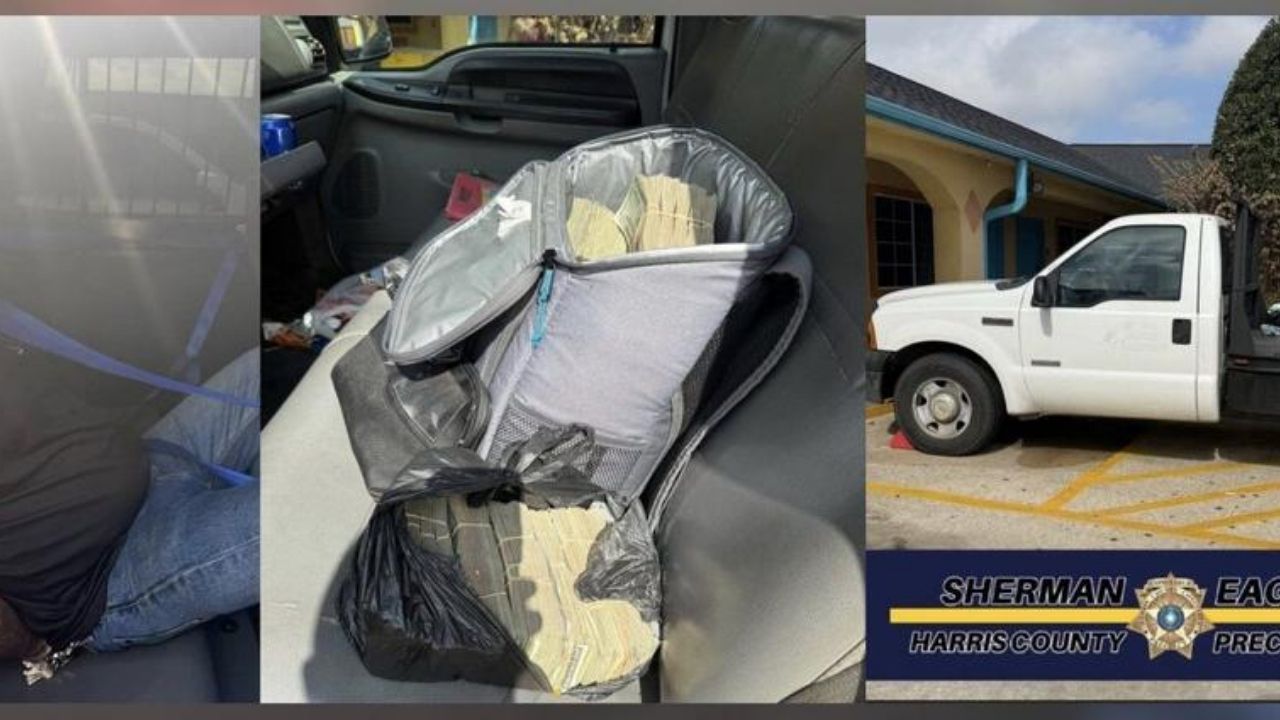
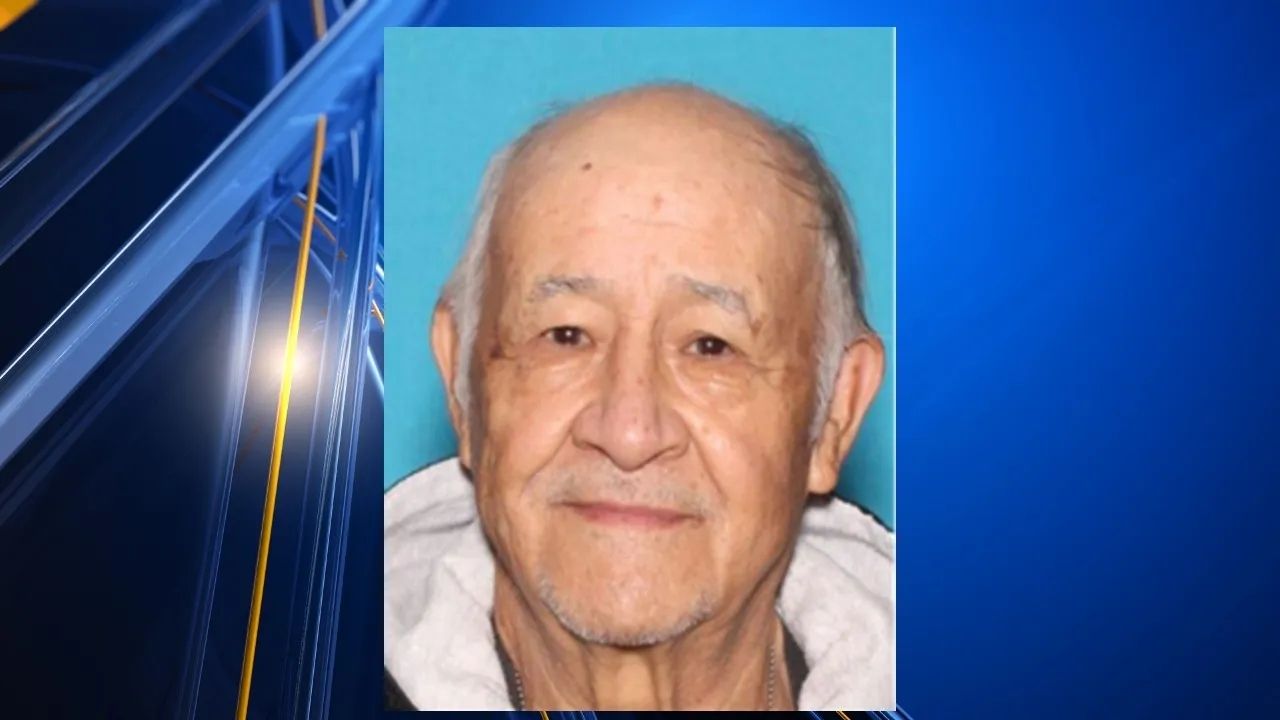

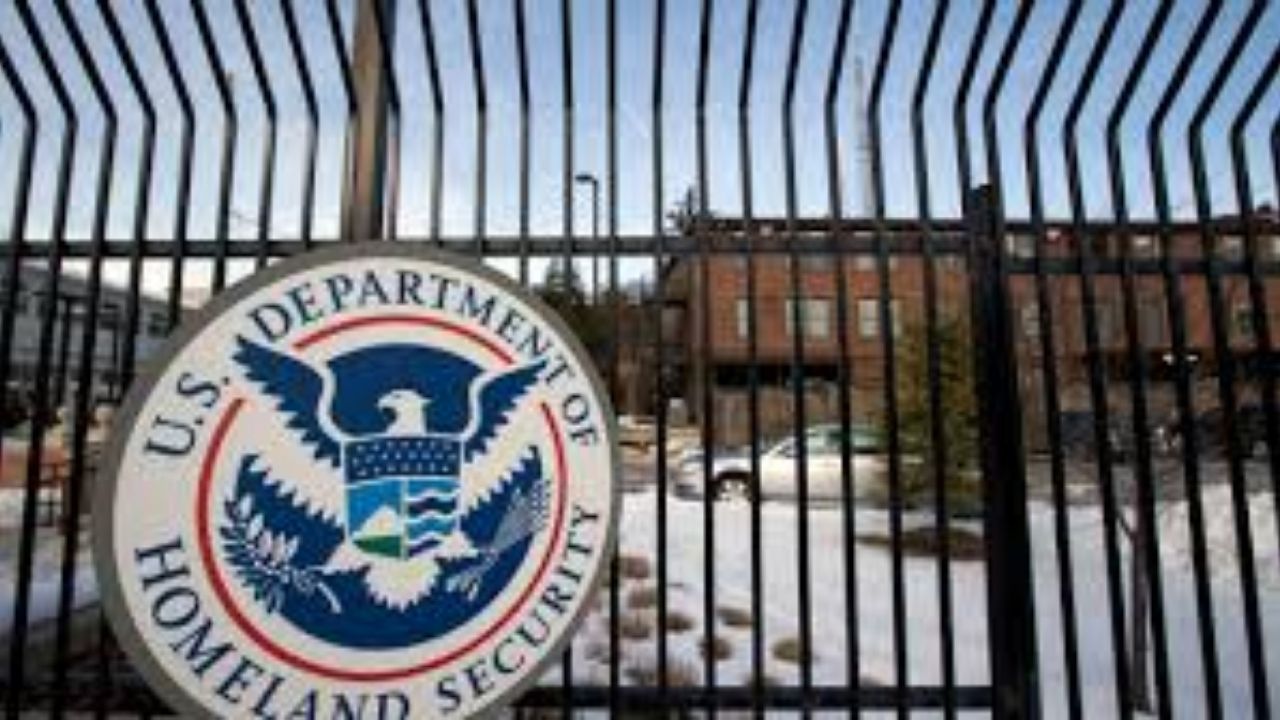
Leave a Reply